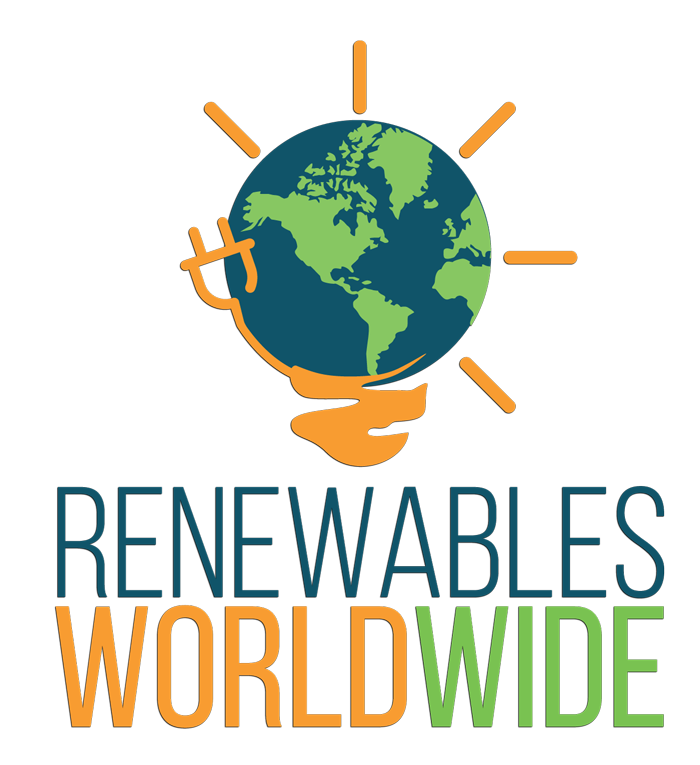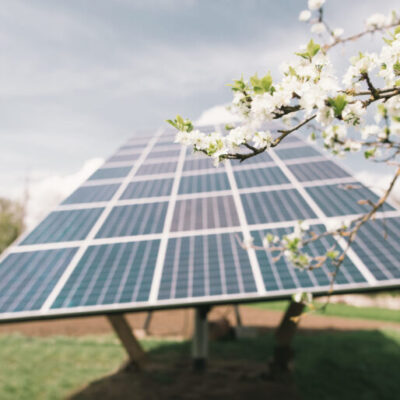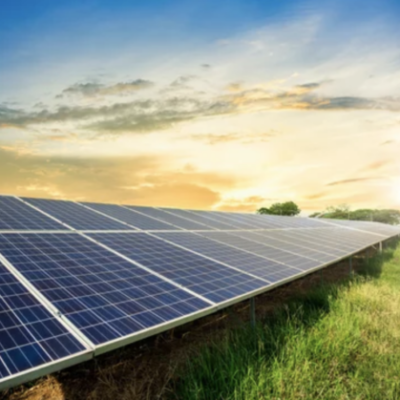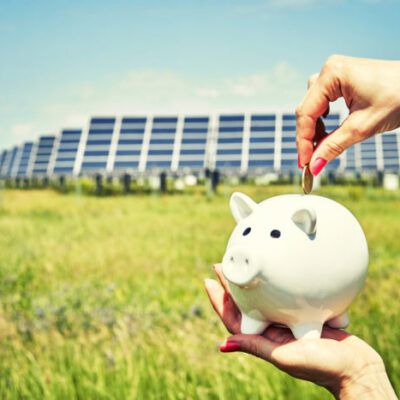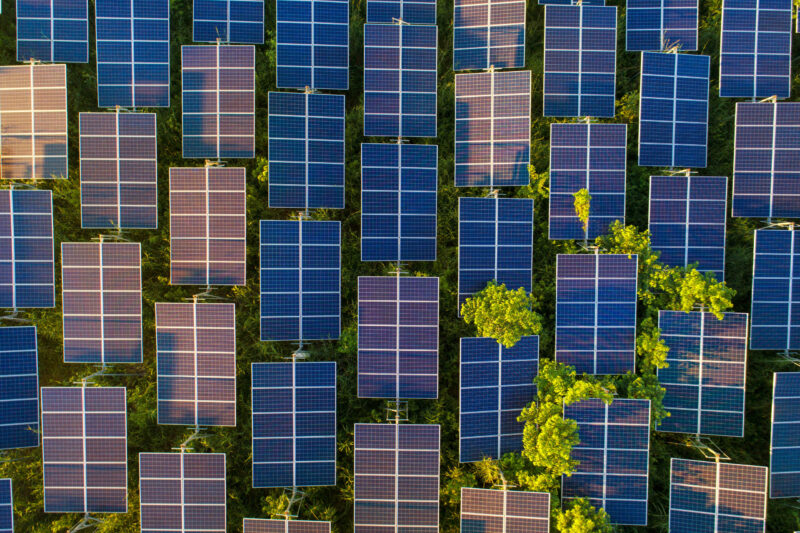
Celebrating World Environment Day: 5 Reasons Why Solar Farms Are Beneficial
As we celebrate World Environment Day, it’s crucial to reflect on sustainable practices that help preserve our planet. One such practice is the use of solar farms. Solar farms are large-scale installations where photovoltaic (PV) panels capture sunlight and convert it into electricity.
Here are five reasons why solar farms are beneficial:
Reduction of Greenhouse Gas Emissions
Solar farms significantly reduce greenhouse gas emissions. Unlike fossil fuels, which release large amounts of carbon dioxide (CO2) and other harmful gases, solar power generation is clean and produces no direct emissions. By replacing coal, oil, and natural gas with solar energy, we can decrease CO2 and other pollutants, combating climate change and improving air quality.
Sustainable and Renewable Energy Source
Solar energy is one of the most abundant and inexhaustible resources available. Unlike finite fossil fuels, the sun’s energy is limitless and freely available. Solar farms harness this energy to produce electricity without depleting natural resources, making it a highly sustainable option. Investing in renewable energy sources like this ensures a steady, long-term supply of energy for future generations.
Economic Benefits and Job Creation
The solar industry drives economic growth and job creation. They require significant labor for planning, installation, maintenance, and operation, creating numerous job opportunities. The growth of the solar industry stimulates local economies, attracting investment and promoting economic development in both rural and urban areas.
Energy Independence and Security
Solar farms enhance energy independence and security by reducing reliance on imported fossil fuels. Many countries import a significant portion of their energy resources, making them vulnerable to geopolitical tensions and market fluctuations. By harnessing domestic solar energy, countries can increase their energy security, reduce dependence on foreign energy sources, and stabilize energy prices, making the energy supply more resilient.
Minimal Environmental Impact
Compared to other forms of large-scale energy production, solar farms have a relatively low environmental impact. They require less water for operation than traditional power plants, reducing strain on local water resources. Solar farms also have a smaller physical footprint compared to fossil fuel extraction sites and can often be installed on land unsuitable for other uses. Furthermore, once installed, solar panels produce no noise or air pollution, making them an environmentally friendly option.
Solar and Renewable Energy Solutions | Renewables Worldwide
At Renewables Worldwide, we provide solar energy solutions to developers, businesses, universities, and more. We believe that solar farms are the future of renewable energy, and we welcome you to be part of it! To learn more about our services, we encourage you to check out our website or give our team a call today to explore your options.
Follow us on Facebook for the latest updates!
